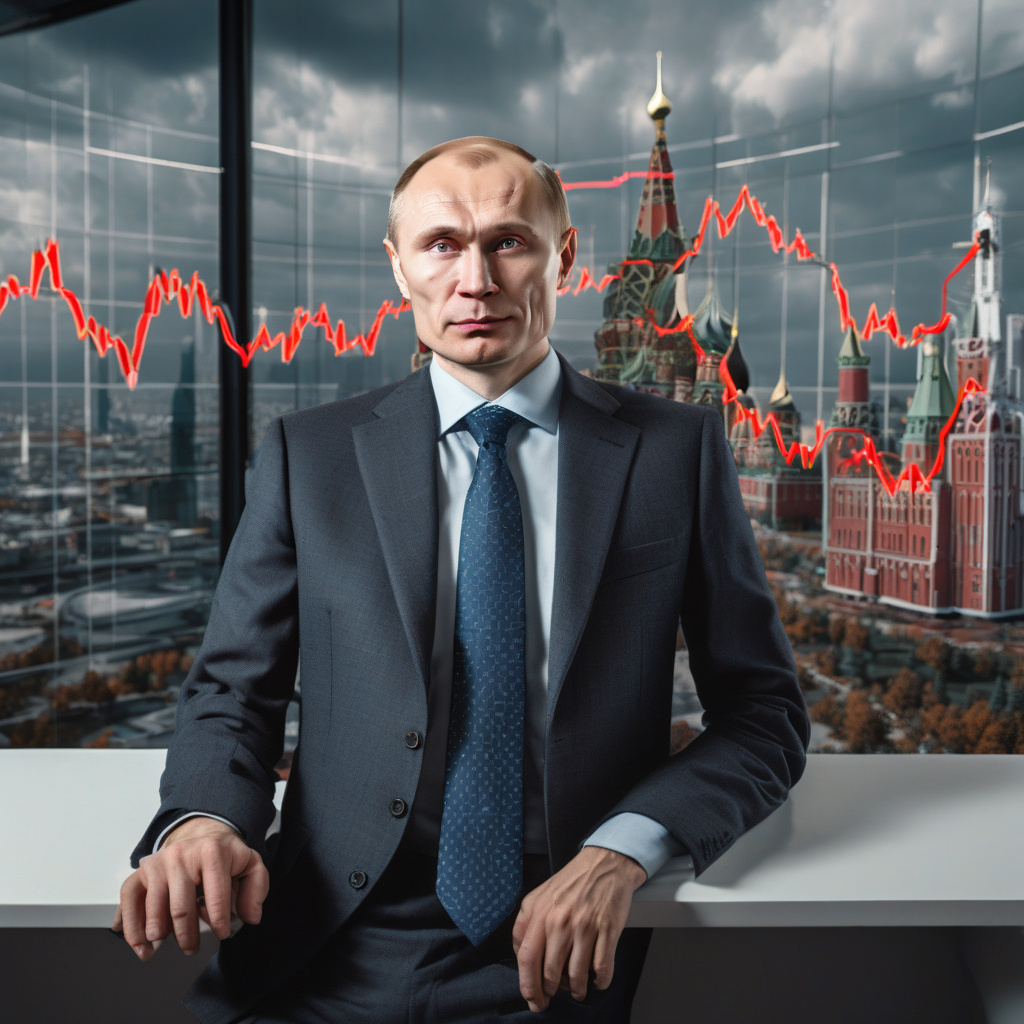The Risks of Bitcoin Reserves: A Russian Economist’s Critique
As the world of finance continues to adapt to the rise of digital currencies, the idea of countries holding Bitcoin reserves has sparked both interest and skepticism. Recently, a Russian economist cautioned against the implementation of Bitcoin reserves, highlighting potential economic risks associated with such a move.
The concept of Bitcoin reserves involves a country allocating a portion of its national reserves to hold the digital currency. Proponents argue that this could offer a hedge against traditional currency fluctuations and provide exposure to the potential upside of Bitcoin’s value. However, the practicality and implications of such a strategy are being called into question.
The Russian economist, whose name has not been disclosed, raised concerns about the lack of precedent for a successful implementation of Bitcoin reserves. No country has yet taken this step, leaving uncertainties about how such a strategy would play out in practice. Without historical data or established best practices to rely on, the risks involved in holding Bitcoin as a national reserve asset are magnified.
One of the primary concerns highlighted by the economist is the volatility of Bitcoin. As a digital currency known for its price fluctuations, Bitcoin poses a risk to traditional financial systems that are accustomed to more stable forms of currency. The economist questioned whether it would be wise for a country to expose its national reserves to such volatility, potentially putting its economic stability at stake.
Moreover, the regulatory environment surrounding Bitcoin remains uncertain in many parts of the world. The lack of clear guidelines and oversight could further complicate the implementation of Bitcoin reserves for countries seeking to diversify their asset holdings. Without a regulatory framework that addresses the unique challenges posed by digital currencies, the risks of incorporating Bitcoin into national reserves may outweigh the potential benefits.
It is essential to consider the practical implications of holding Bitcoin reserves from a logistical standpoint as well. The security measures required to safeguard digital assets on a national scale would be unprecedented, raising questions about the feasibility of effectively managing and protecting such holdings. Additionally, the technical expertise needed to navigate the complexities of Bitcoin storage and transactions may present a barrier for countries unfamiliar with blockchain technology.
While the idea of Bitcoin reserves may hold appeal for some nations looking to explore alternative asset classes, the cautionary words of the Russian economist underscore the importance of approaching such strategies with a critical eye. As the financial landscape continues to evolve, policymakers and economists alike must weigh the potential benefits of innovation against the inherent risks of embracing uncharted territory.
In conclusion, the skepticism voiced by the Russian economist serves as a reminder of the complexities involved in integrating digital currencies into traditional economic frameworks. Before countries embark on the path of incorporating Bitcoin reserves into their national holdings, thorough analysis and risk assessment are crucial to mitigate the potential economic pitfalls that may lie ahead.
bitcoin, reserves, economist, risks, digital currencies
